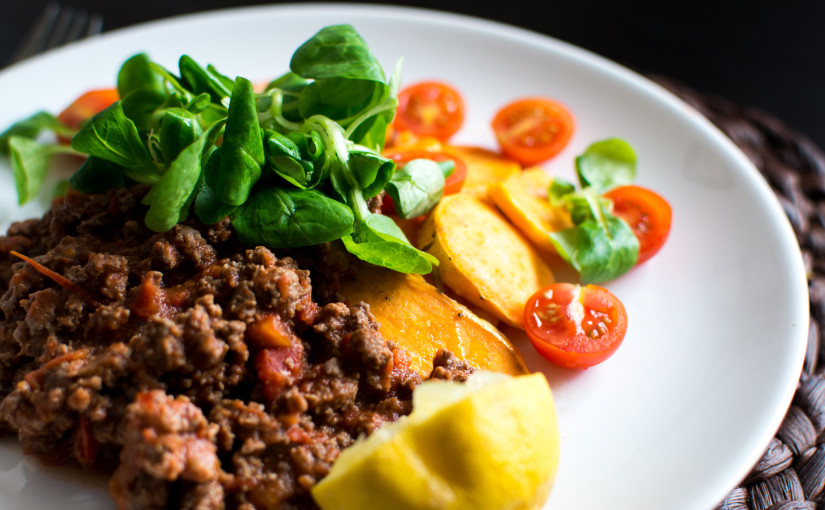DASH stands for Dietary Approaches to Stop Hypertension. There are many beneficial and healthy aspects of this Diet (Which is why it is voted one of the top diets for health and weight loss nearly every year. In fact Studies have shown that a diet rich in fruits, vegetables and low fat dairy foods, with reduced saturated and total fat could substantially lower blood pressure. It is the diet recommended by the National Heart, Lung and Blood Institute for lowering blood pressure. It has also shown an ability to lower Anyone’s blood pressure within 2 weeks! Read this Excerpt From The Report
“Studies have shown the blood pressure lowering effects of the DASH diet and reduced dietary sodium in a wide variety of population subgroups: persons with and without hypertension or a family history of hypertension, older and younger adults, men and women, African-American and other races, obese and non-obese, as well as people with higher or lower physical activity levels, larger or smaller waist circumferences, and higher or lower annual family income or education.”
Other Benefits include Lowering the bad forms of Cholesterol!
What do you eat on the DASH Diet?
- Eat more fruits, vegetables, and low-fat dairy foods
- Cut back on foods that are high in saturated fat, cholesterol, and trans fats
- Eat more whole-grain foods, fish, poultry, and nuts
- Limit sodium, sweets, sugary drinks, and red meats
Starting the Dash Diet.
The DASH diet calls for a certain number of servings daily from various food groups. The number of servings you require may vary, depending on how many calories you need per day. You can make gradual changes. Its a good idea to cut back your sodium content gradually to allow your body time to adjust. There are also plenty of Dash Diet snacks for you to enjoy throughout the day.
Simple Tips
- Add a serving of vegetables at lunch and at dinner.
- Add a serving of fruit to your meals or as a snack. Canned and dried fruits are easy to use, but check that they don’t have added sugar. Berries or other fruits on Cereal is another helpful hint.
- Drink low-fat or skim dairy products any time you would normally use full-fat or cream.
- Limit meat to 6 ounces a day. Make some meals vegetarian.
- Add more vegetables to your diet.
- Instead of snacking on chips or sweets, eat unsalted pretzels or nuts, raisins, low-fat and fat-free yogurt, frozen yogurt, unsalted plain popcorn with no butter, and raw vegetables. Nuts are very healthy (Especially when Salt Free!)
- Buy products that are lower in sodium (This is Key)

